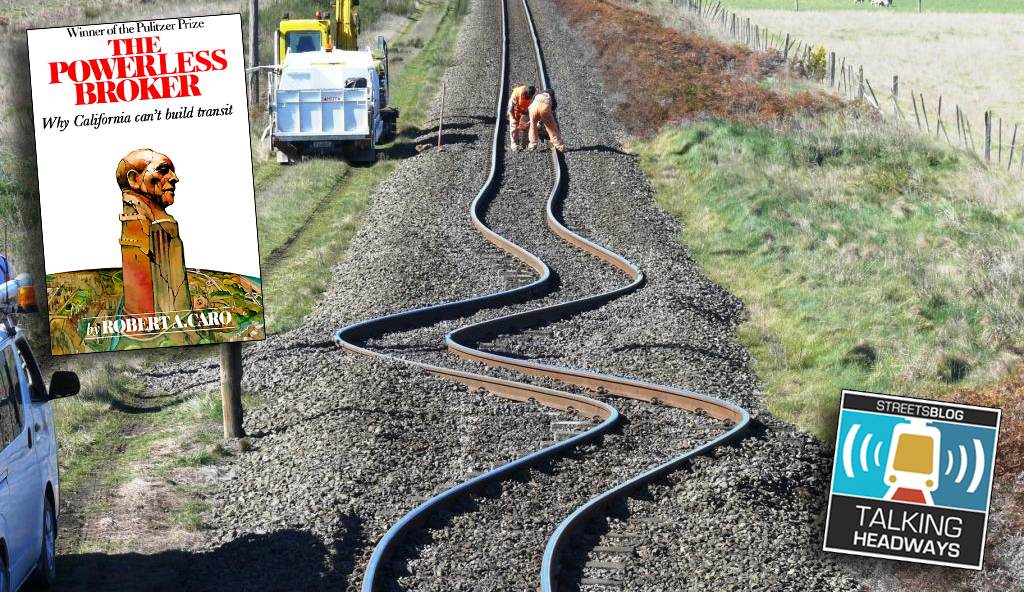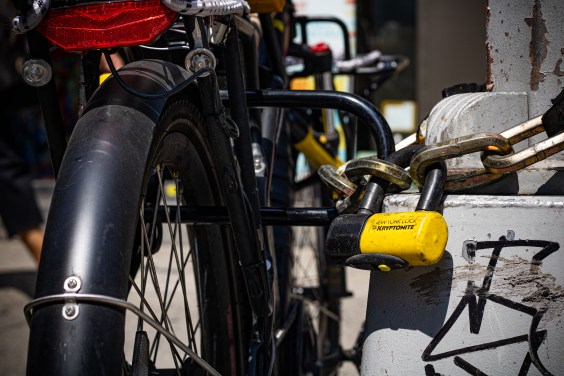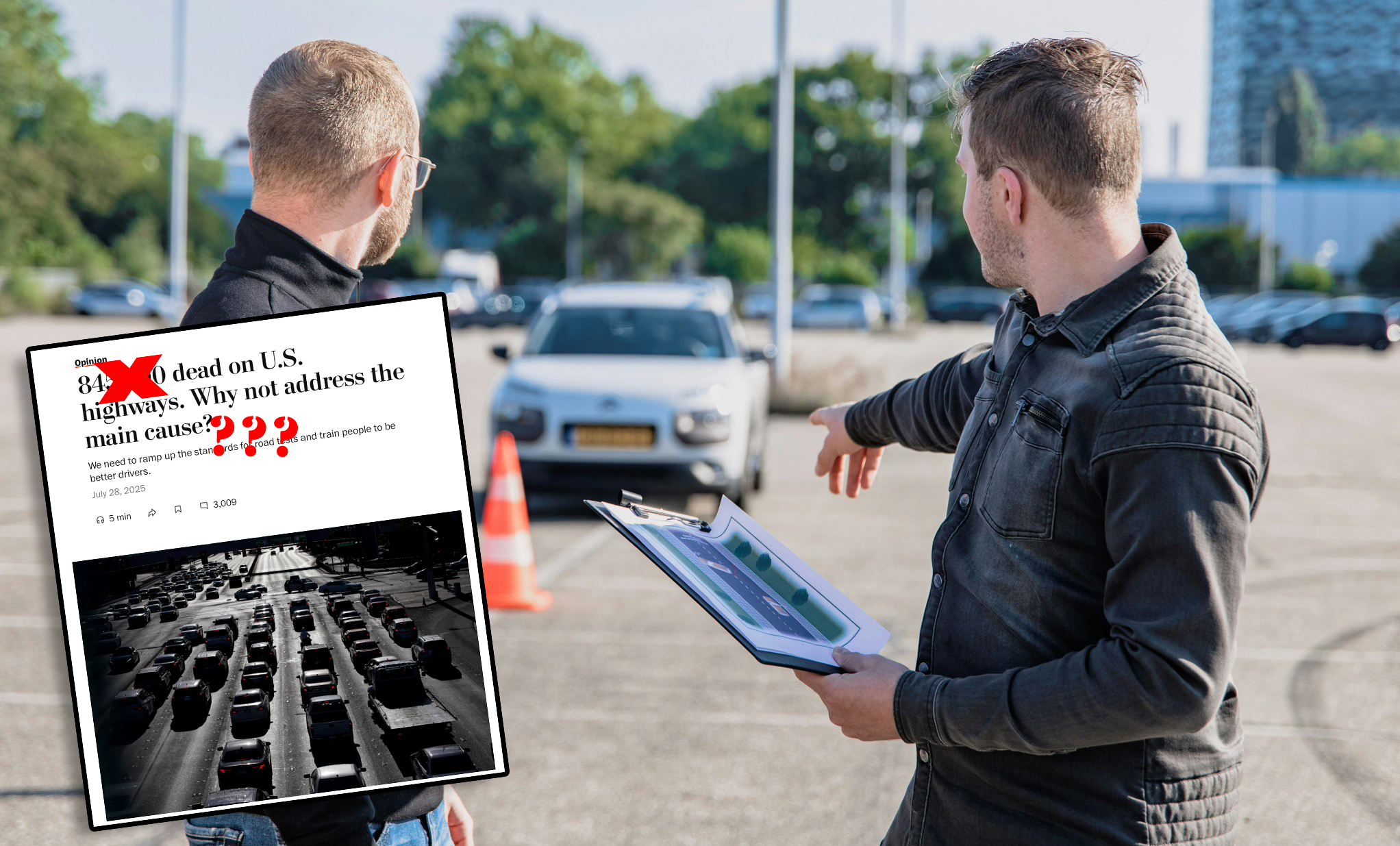House infrastructure committee chairman Jim Oberstar (D-MN), facing steep political odds in his push to pass a new six-year federal transportation bill this year, has begun to pitch an outside-the-box solution to the financing shortfall that is still stalling congressional action: Treasury bonds.
 (Photo: Pop and Politics)
(Photo: Pop and Politics)Oberstar's proposal would plug the hole in anticipated highway trust fund revenue for the next transport bill with top-rated Treasury debt securities. Those bonds, the Minnesotan explained on Friday, would "be repaid with revenues from the highway trust fund out into the future. And we would delay the repayment for the first perhaps four years, giving the economy time to recover."
In order to repay the Treasury for its up-front bond issue, Congress would ultimately need to raise the gas tax -- a step lawmakers have been unwilling to take since 1993, and one that the White House has ruled out for the time being.
"The idea of waiting three or
four years for the economy to recover would be an appealing part of" the idea, Iowa state DOT chief Nancy Richardson told Oberstar when he sought her reaction to the plan at a Friday House hearing. "[That] would allow it to appeal to some of the dissenters in
terms of increasing funding."
Delaying for three or four years, however, also would assume that future Congresses would be more open to voting on a gas-tax hike that few lawmakers are eager to debate, even in rosy economic times. The evidence of success for such kick-the-can-down-the-road moves is few and far between: both parties, for example, have habitually voted to postpone previously scheduled cuts in Medicare reimbursement rates for doctors rather than fix the long-term formula.
In addition, the growing production boom in semi- and fully electric cars casts doubt on the gas tax's ability to raise sustainable revenue for transportation going forward. Depending on how popular highly fuel-efficient cars become by the time Congress considers a future gas tax change, the cents-per-gallon increase needed to repay the Treasury may be much higher than any current predictions.
The gas-tax bonding plan has a third potential hiccup. Oberstar suggested that $130 billion in Treasury bonds would be sufficient to close the gap between the cost of his six-year transport bill and anticipated gas-tax revenue. Yet that total would not appear to cover the estimated $50 billion that Oberstar's legislation would set aside for high-speed rail.
Securing sufficient votes from fiscally conservative Democrats and Senate Republicans for deficit spending on high-speed rail would be difficult on its own, and adding the bonding proposal could add complications.
Oberstar spokesman Jim Berard cautioned that the bonding idea is among several "proposals that have been floating around" for financing a new transport bill, adding: "There isn't a magic bullet out there that seems to have captured everybody's imagination. So we don't want to get too far out in front of this thing because we don't want to give the impression that we've found the answer."





